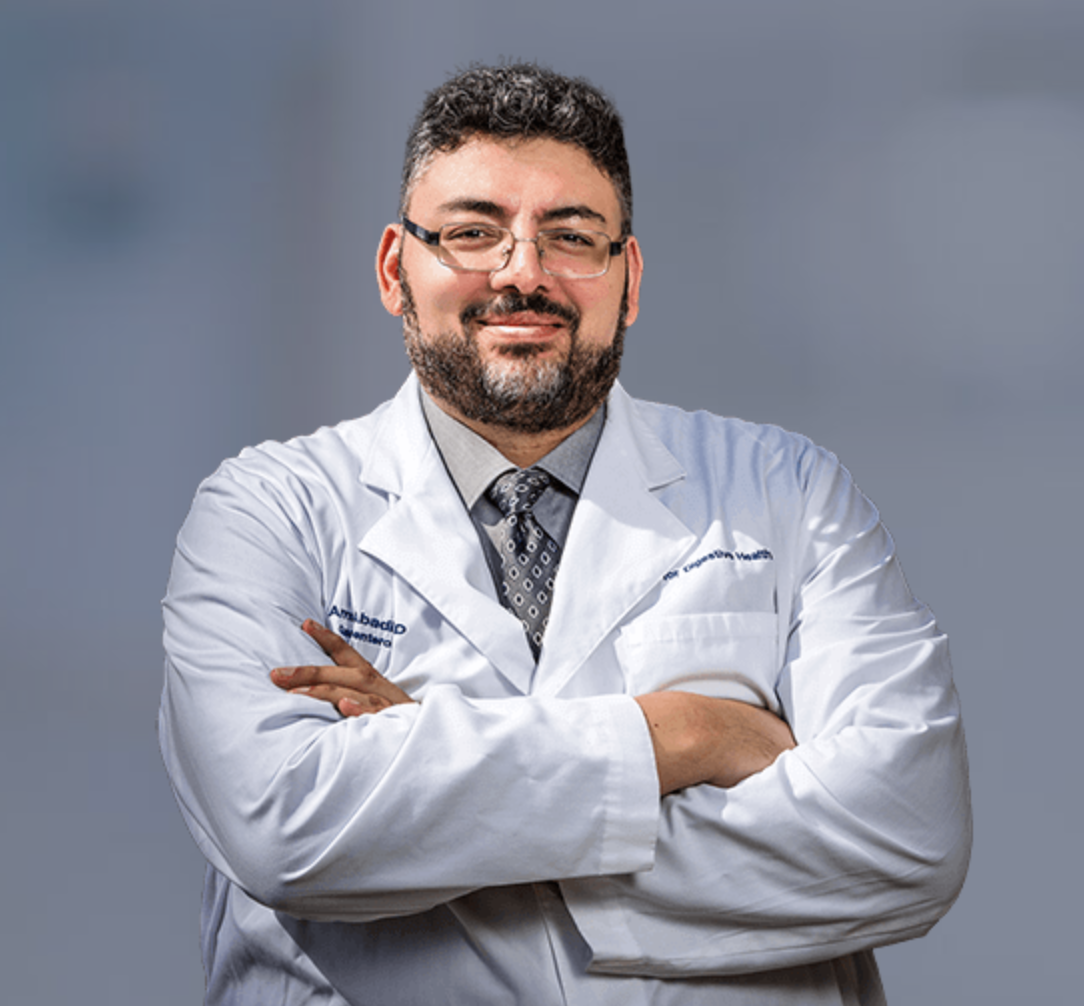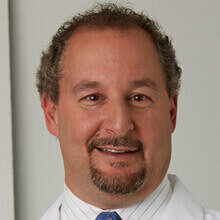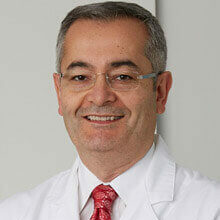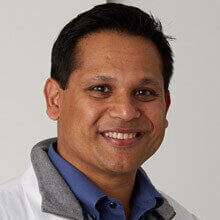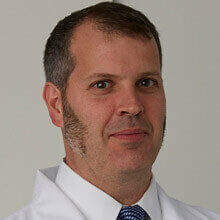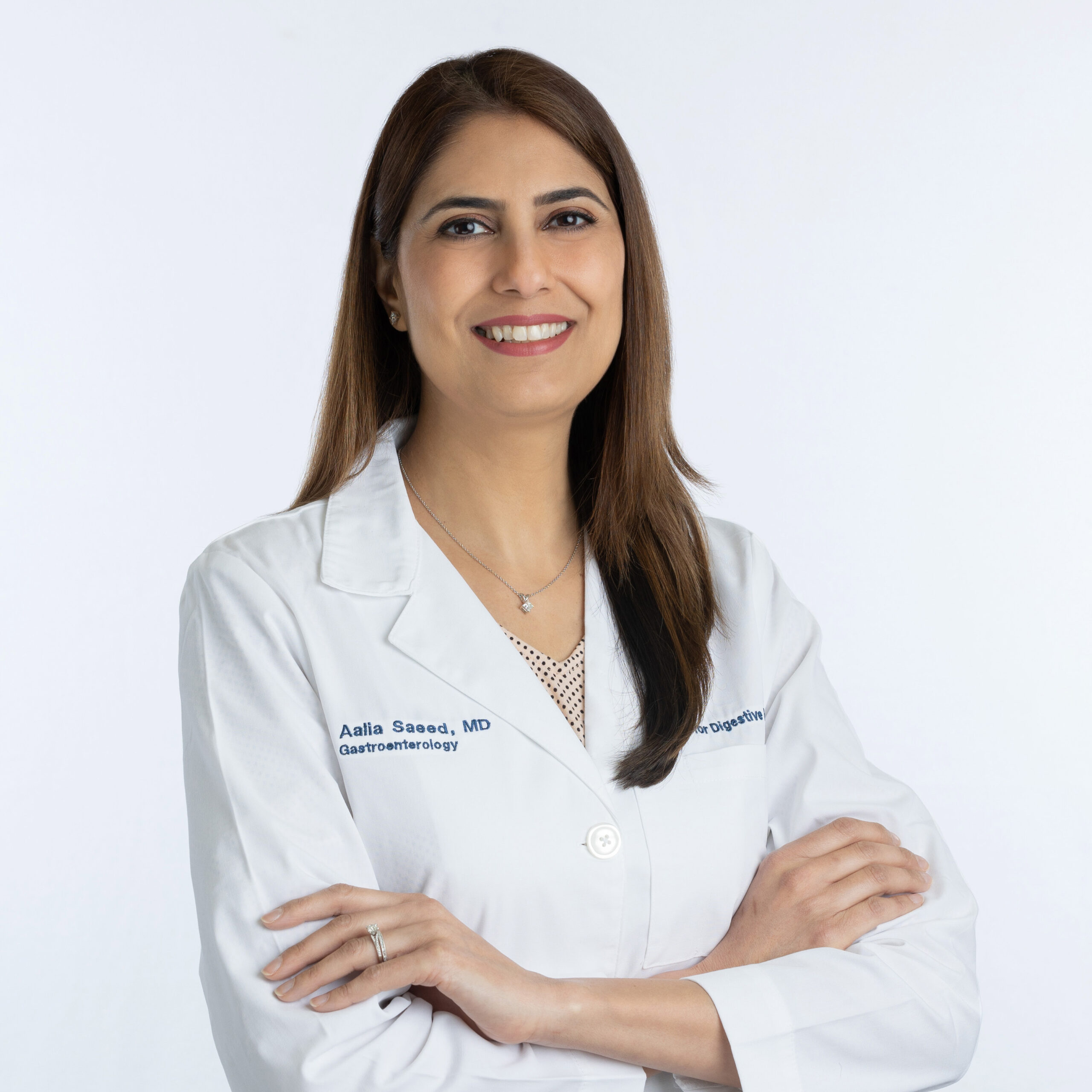What is Biliary Obstruction?
A biliary obstruction is a condition that occurs when there is a blockage in a duct that transports bile either from the liver to the gallbladder or the gallbladder to the small intestine. The liver releases bile, which is a fluid that contains cholesterol, waste products, and bile salts.
When a person suffers a biliary obstruction, bile builds up in the liver, and the person will become jaundiced as a result of bilirubin buildup in the blood.
What causes a biliary obstruction?
According to experts, there are several potential causes of a biliary obstruction. These include:
- Gallstones
- Tumors
- Trauma, such as an injury from a surgery
- Inflamed bile ducts
- Cysts
The following risk factors can also increase a person’s likelihood of developing a biliary obstruction:
- Chronic pancreatitis
- Pancreatic cancer
- Bile duct cancer
- Recent surgery
- Trauma to the abdomen
- Infections in people with weakened immune systems
- Symptoms of Biliary Obstruction
The symptoms of biliary obstruction are as follows:
- Pale stool
- Dark-colored urine
- Yellowing of the skin due to jaundice
- Itchiness
- Pain in the upper right portion of the stomach
- Fever
- Nausea and vomiting
- When a doctor conducts diagnostic tests for a biliary obstruction, they will find that bilirubin and liver enzymes are elevated. A doctor may also perform an abdominal ultrasound or CT scan to reveal a biliary obstruction.
What is the treatment for a biliary obstruction?
Treatment for a biliary obstruction may require surgery. If gallstones are the cause of the biliary obstruction, the gallbladder may be removed. An endoscopy is another form of treatment for a biliary obstruction. A doctor may also prescribe antibiotics if the biliary obstruction has caused an infection.
When untreated, a biliary obstruction can lead to life-threatening infection or chronic liver disease. If you have symptoms of a biliary infection, it is important to receive medical care.
Applicable Procedures
ERCP
Will a biliary obstruction heal on its own?
If a biliary obstruction is not treated, it can lead to life-threatening infection or chronic liver disease. It is therefore critical to seek treatment, instead of expecting the condition to improve on its own.
What is the treatment for biliary obstruction?
Your physician will help you decide upon the best course of treatment, based upon the cause of biliary obstruction. Treatment can include surgery, removing the gallbladder, or taking an antibiotic medication if there is an infection.
What causes biliary instruction?
There are several potential causes of biliary obstruction, including cysts, injury from a surgery, tumors, or gallstones. Having a weakened immune system or suffering from certain types of cancer can increase the risk of a biliary obstruction.
Common Symptoms
- “I suddenly began to experience pain during bowel movements, and I noticed I was bleeding afterward.”
- “After wiping, I saw fresh, bright red blood on the toilet paper, and I was in pain for several hours.”
- “I felt a small bump near my anus, as well as a small crack in the skin around that area.”




